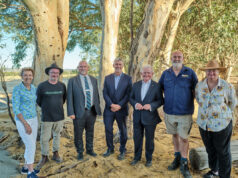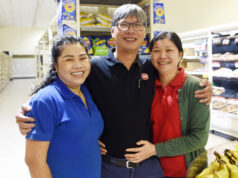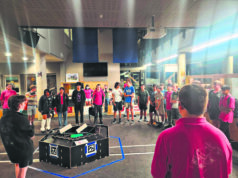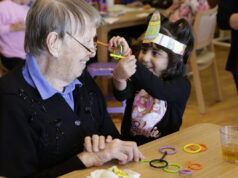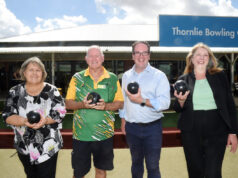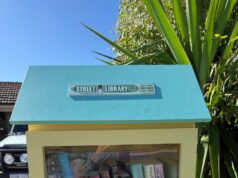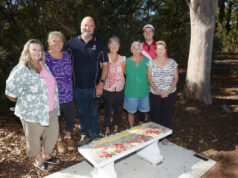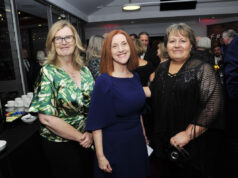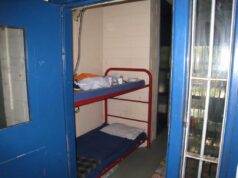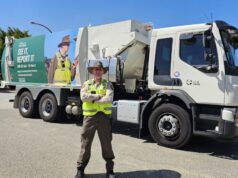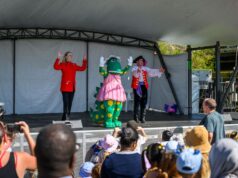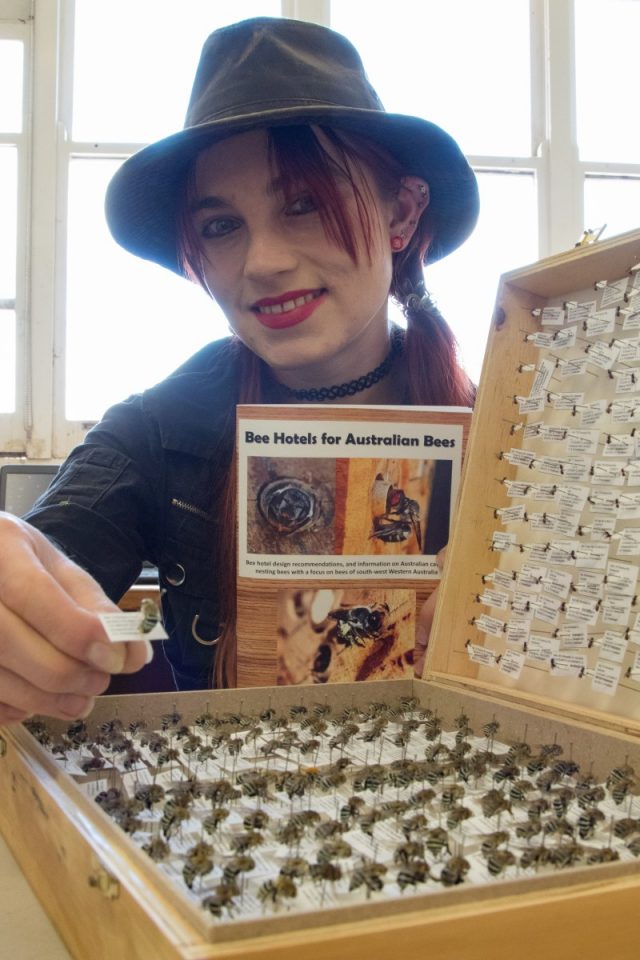
The buzz-phrase around town at the moment is ‘be kind to bees.’
Wilson local and resident bee expert Kit Prendergast is spreading the good word that bees are nothing to be afraid of – far from it – they’re our environment’s best friend.
“In terms of bees, it’s a look, don’t touch situation, most of our native bees can sting, males can’t sting but we don’t really interfere with their activities,” she said.
They’re beautiful to watch, so I suggest everyone go out into their gardens to look for bees.
“There are about 20,000 species in the world, so we really need to recognise there are more species than our honeybees.
“There are 11 species of bees in Australia that don’t sting and they live in colonies like our honeybees by the majority of native bees are solitary and every female can reproduce.
“Our bees span a huge range of body sizes from just over 2mm in length to over 2cm in length and lots of our native bees can come in an amazing array of colours, including ones that are blue with black dots, ones that are black with red fuzz on their bottoms and heads and ones that have red or green eyes.”
Kit Prendergast said World Bee Day, which is celebrated on May 20, is about celebrating the most important of our pollinators.
“The health of bees relates to the health of ecosystems, they ensure that plant populations continue to persist in bushlands, in agricultural areas and in our gardens,” she said.
“We can help native bees, firstly and most importantly by protecting native vegetation and this includes in our cities.
“We can also help native bees in our gardens by planting flowers, native flowers are best for bees and also by creating bee hotels, which are little areas bees can nest in.”
Kit Prendergast regularly hosts ‘bee hotel’ making sessions.
“You can make them by getting bamboo of diameters of three to 10 millimetres and bundling them together or getting a block of wood and drilling holes through to 10 millimetres in diameter,” she said.


